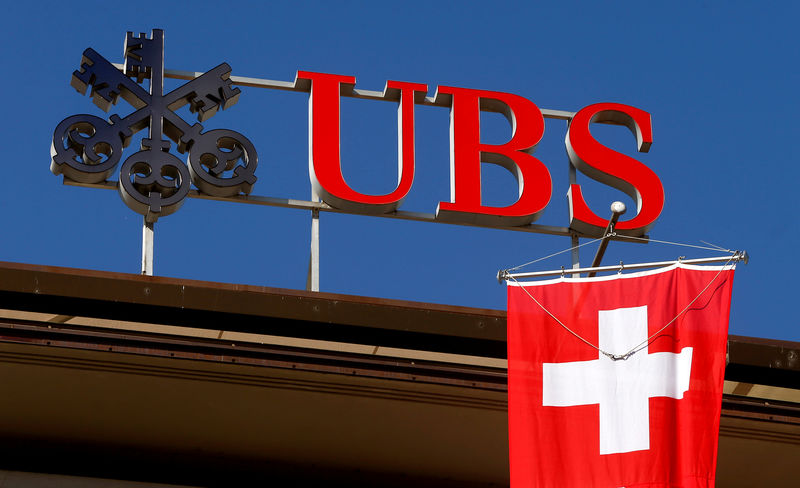Street Calls of the Week
Investing.com -- Despite concerns over rising global debt levels, UBS believes that global equities still have upside potential, with quality bonds providing reliable income and gold acting as a strong portfolio diversifier.
An analyst at the bank acknowledges that fiscal irresponsibility is widespread, with global government debt reaching $130 trillion in 2024, according to the Institute of International Finance (IIF).
Most governments, he notes, "continue to spend beyond their means, issuing sovereign debt to bridge the gap, all while hoping to indefinitely defer a fiscal reckoning."
While market anxiety over fiscal policy tends to rise periodically, UBS suggests that these concerns have yet to outweigh broader macroeconomic trends.
Examples from emerging markets are said to illustrate the importance of fiscal discipline.
Brazil, the analyst points out, has maintained "fiscal deficits exceeding 4% of GDP for the past decade," leading to a surge in public debt to nearly 80% of GDP.
In contrast, Argentina eliminated a fiscal deficit exceeding 4% of GDP in just one year, a rare feat in modern economic history. This led to a 150 percentage point outperformance in Argentine stocks over Brazilian equities in 2024, with bond markets reflecting a similar trend.
The United Kingdom (TADAWUL:4280) offers another case study, with the analyst referencing its "Liz Truss Moment" in 2022 when tax cuts funded by borrowing triggered a sharp spike in bond yields. He suggests that the UK may now be facing a "Sir Keir Starmer Moment."
Concerns about U.S. debt sustainability are also growing, as the Congressional Budget Office (CBO) projects sovereign debt held by the public will rise from $29 trillion (98% of GDP) to $52 trillion (118% of GDP) by 2035.
However, UBS maintains that it is "impossible to predict with certainty if and when fiscal dynamics will overshadow other positive macroeconomic trends, such as robust global growth and the AI revolution."
For now, UBS believes "global equities have additional room to grow," while gold remains an attractive hedge, supported by central bank purchases and falling real interest rates.
